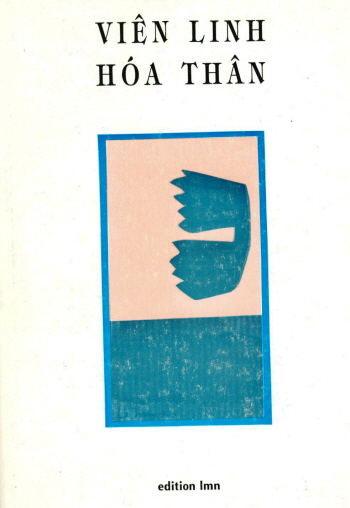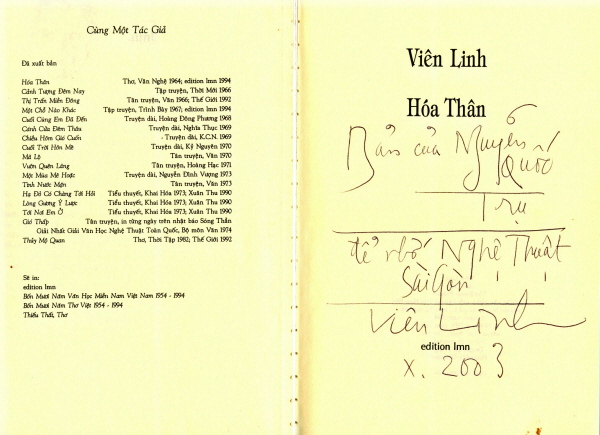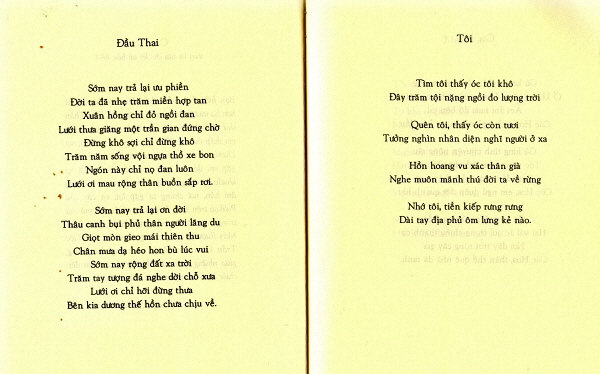Lục bát Viên Linh
Seamus Heaney wins £10k
Forward poetry prize for Human Chain
Collection of poems inspired by Heaney's experiences after a stroke recognized by Britain's most valuable poetry prize
Collection of poems inspired by Heaney's experiences after a stroke recognized by Britain's most valuable poetry prize
Seamus
Heaney tonight won Britain's
most
valuable poetry prize – for a volume of verse inspired by his
experiences after
a stroke.
The £10,000 Forward award for best collection went to his Human Chain poems, his first since his stroke in 2006.
Ruth Padel, chair of the judges, said the work, published by Faber & Faber, was informed by being "on the brink", and called it "a collection of painful, honest, and delicately weighted poems", and "a wonderful and humane achievement".
Heaney, 71, suffered the stroke in 2006 in County Donegal in an episode that, he has said, left him "babyish".
One of the poems in his 12th collection, Chanson d'Aventure, is set during an ambulance journey on the way to hospital in which, he said, he was crying for his father.
The £10,000 Forward award for best collection went to his Human Chain poems, his first since his stroke in 2006.
Ruth Padel, chair of the judges, said the work, published by Faber & Faber, was informed by being "on the brink", and called it "a collection of painful, honest, and delicately weighted poems", and "a wonderful and humane achievement".
Heaney, 71, suffered the stroke in 2006 in County Donegal in an episode that, he has said, left him "babyish".
One of the poems in his 12th collection, Chanson d'Aventure, is set during an ambulance journey on the way to hospital in which, he said, he was crying for his father.
Seamus
Heaney, 71 tuổi thắng
giải ‘Forward poetry prize’ nhờ tập thơ ‘Human Chain’, làm sau khi xém
bị tim
quật ngã, và tay chủ khảo gật gù, đúng là một ‘tuyển tập những bài thơ
đau
nhức, chân thật và có trọng lượng một cách thật là thanh lịch’, một
‘thành tựu
nhân văn tuyệt vời’
Colm
Tóibín, trong bài điểm tập thơ viết:
Heaney saw poetry itself, no matter what its content or tone, standing against the dull thought of life as a great emptiness. "When a poem rhymes," Heaney wrote, "when a form generates itself, when a metre provokes consciousness into new postures, it is already on the side of life. When a rhyme surprises and extends the fixed relations between words that in itself protests against necessity. When language does more than enough, as it does in all achieved poetry, it opts for the condition of overlife, and rebels at limit."
Heaney saw poetry itself, no matter what its content or tone, standing against the dull thought of life as a great emptiness. "When a poem rhymes," Heaney wrote, "when a form generates itself, when a metre provokes consciousness into new postures, it is already on the side of life. When a rhyme surprises and extends the fixed relations between words that in itself protests against necessity. When language does more than enough, as it does in all achieved poetry, it opts for the condition of overlife, and rebels at limit."
Heaney
nhìn thơ - tự thân nó,
dù nội dung, dù giọng điệu - đứng sừng sững, nhằm chống lại cái tư
tưởng cù lần
về cuộc đời, như là một Cõi Trống Rỗng to tổ bố. Khi vóc thơ hiện
ra, khi một
khúc thơ tạo dáng, bằng cách hục hặc, gây hấn với ý thức, thì nó bèn ở
về phía
của cuộc đời. Khi một nhịp thơ gây kinh ngạc, và đẩy những liên hệ cố
định giữa
những từ, thì tự thân, là đã phản ứng chống lại sự cần thiết. Khi ngôn
ngữ làm
quá cái đủ rồi, đòi cái hơn cả cái đủ rồi, như nó từng làm trong mọi
cõi thơ đã
hoàn tất, nó chọn điều kiện về một cõi ‘trên đời’, và nổi loạn ở cõi
biên cương
giới hạn nó.




Comments
Post a Comment